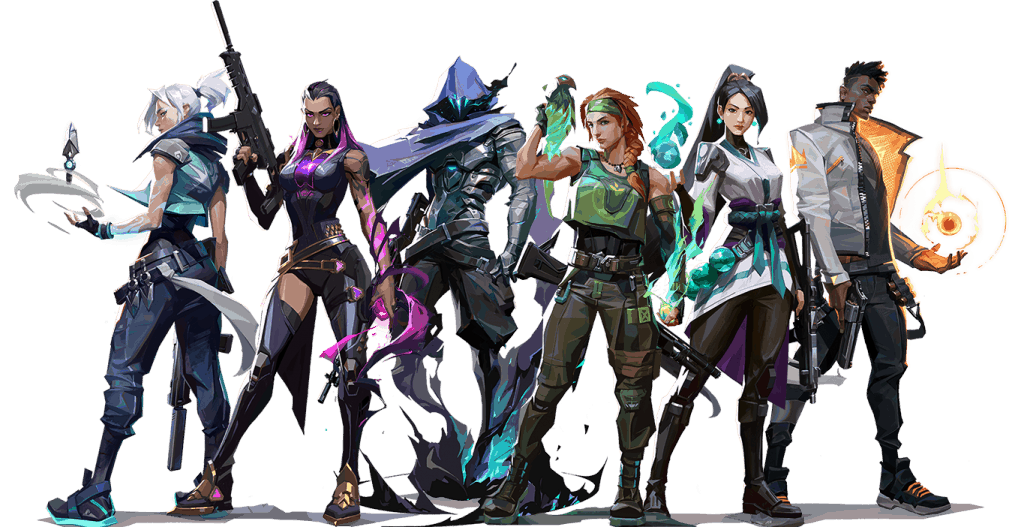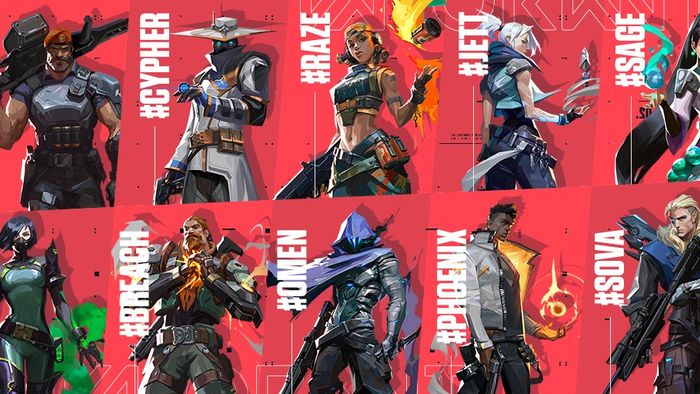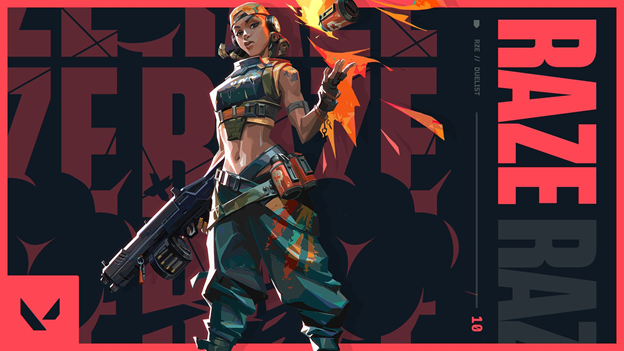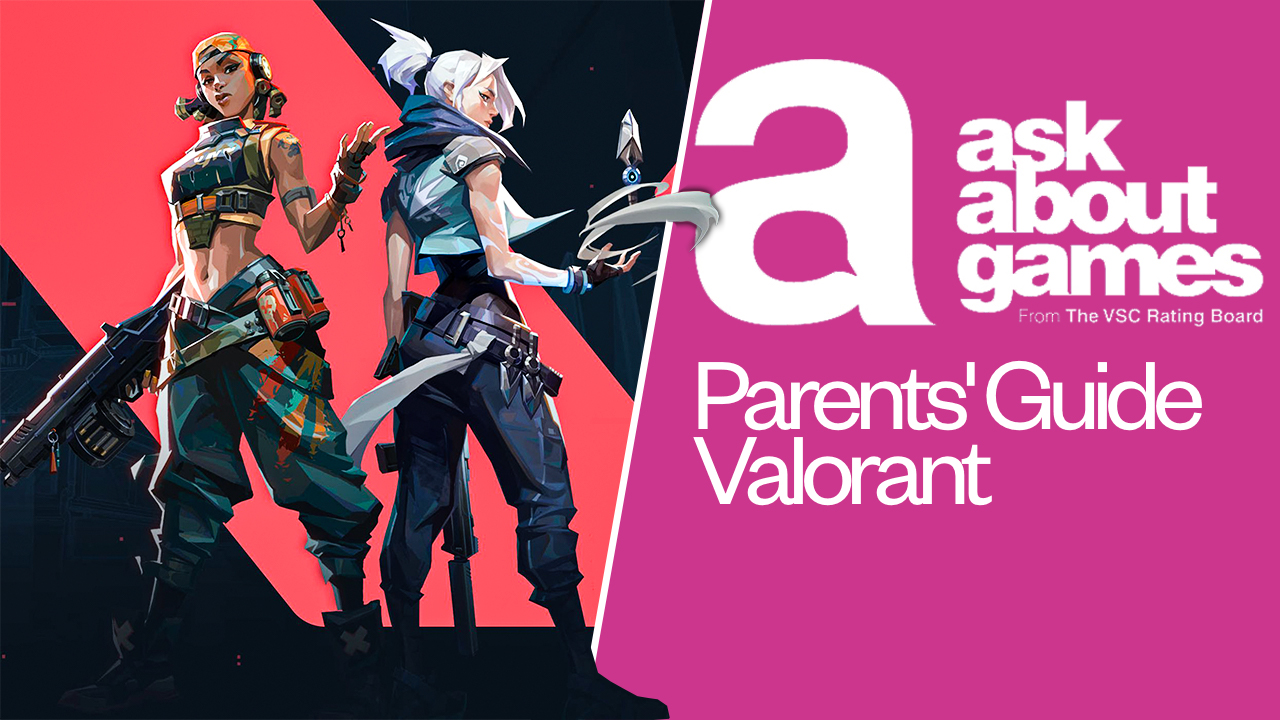A Parent’s Guide to Valorant
“The stripped-down, skill-based shooter that’s only getting started… Riot has nailed the fundamentals” – Austen Goslin (Polygon)
Valorant was a highly anticipated first-person shooter game released by Riot Games on June 2, 2020.
It is developed by Riot Games, the makers of League of Legends – one of the most popular games over the past decade. The hype is real!
On the day of closed beta release, Valorant reached a million concurrent viewers on Twitch. It also trended on Twitter when the game wasn’t playable by the general public yet. These numbers beat the launch viewership of popular games like Apex Legends and Call of Duty: Warzone.
So if you would like to learn more about Valorant, we here at Esports Tower have all the answers to your questions! Let’s dive in.

What is Valorant?
Valorant is a 5v5 competitive first person shooter and hero oriented game. This game was designed to compete with another esports title, Valve’s Counter-Strike series, which has been a mainstay of the esports scene for the past 20 years. Games that are similar in style and gameplay include Rainbow 6 Siege, Call of Duty, and Overwatch! (And look out for our article on Overwatch coming soon!)
The game play is focused on teams of 5, playing as attackers and defenders; where the attackers are looking to plant the spike as several different sites around the map. The spike in the world of Valorant is very similar to that of the bomb in Counter Strike. Attackers want to plant and protect the spike, while defenders want to prevent the plant, or defuse the spike once it has been planted. According to Polygon, “Each match has 25 total rounds; the first team to win 13 rounds wins the match.”
With the success that the game has found over the past year, the esports scene for Valorant has skyrocketed with tournaments for the game being held frequently and many different esports organizations having professional Valorant players on payroll.

Who and What Are Valorant’s Agents?
Valorant is similar to an FPS-game like Overwatch whereby players select unique “characters” (called Agents in Valorant) to play within each match. Unlike Overwatch, in Valorant you will be unable to change your agent within the match itself.
Agents come with unique skills and abilities. Some will be simple, such as the ability to use smoke to hide certain areas of the map. Other abilities will be more powerful, such as reviving an ally or creating walls out of thin air. Some agents will even be able to perform a short-range dash!

An example of an agent is Raze. Her abilities include:
- Blast Pack: Instantly throw a Blast Pack that will stick to surfaces. Re-use the ability after deployment to detonate, damage and move anything hit.
- Cluster Grenade: Fire to throw the grenade, which does damage and creates sub-munitions, each doing damage to anyone in range.
- Boom Bot: Fire will deploy the bot, causing it to travel in a straight line on the ground, bouncing off walls. The Boom Bot will lock on to any enemies in its frontal cone and chase them, exploding for heavy damage if it reaches them.
- Showstopper: Fire shoots a rocket that does massive area damage on contact with anything.
Riot Games have a lot of success with a similar “Champions model” in League of Legends. Thus, Valorant’s agent-based gameplay is anticipated to be popular as well. New agents are likely to be added regularly.
How is the Game Funded? do you Have to Pay-to-Play?
To play the game in its base state with no cosmetics, and certain agents still being locked, it is completely free. Through putting time into the game, you can slowly but surely come to unlock all of the characters. For more insight, here are some details on monetization:
- The game is a free-to-play game with the opportunity to spend money within the game.
- No randomized loot boxes, which is a good step to keep simulated-gambling features out of games played by children.
- Weapon skins are available either by purchasing the Battle Pass or purchasing them directly.
- Battle Pass system will be available, and pricing isn’t released yet, but these typically cost around $10-20 and last 2-3 months.
- In-game currency will be available for purchase with real money or by earning it through gameplay.
Is Valorant Suitable for Kids?
Valorant is a difficult game with a lot of moving parts, but if your child is dedicated to learning and improving, this can be their game! With a rating of T for Teen by the ESRB, there are some themes of blood, violence, and language. But with open lines of communication and monitoring the in-game chat, these can be overcome.

In Conclusion
If your kid loves Valorant and wants to take their game to the next level, then enrolling at Esports Tower can be the next step in their development. At Esports Tower we offer bi-weekly coaching sessions, and weekly opportunities to play in a tournament setting, all for $5 a week… the same price as a fancy latte!

Get Social